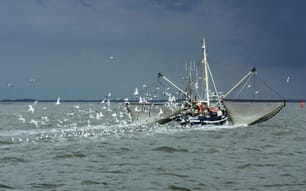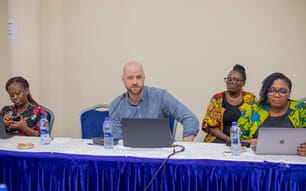In 2010 a study of two peri-urban areas of Solomon Islands analysed the demand and potential for inland aquaculture, and the role of the introduced Mozambique tilapia (Oreochromis mossambicus) in household livelihoods and existing value chains.
Of 178 households interviewed, marine reef fish were the preferred fish for consumption, although tinned fish was also common. At the study sites, Mozambique tilapia was accessible and contributed to food security, particularly for inland households.
Sixty five per cent of the people actively fished for tilapia at least monthly; 13 per cent of these fished on almost a daily basis.
Fish were consumed by men, women and children and sold by both men and women in local village markets. Mozambique tilapia is considered to perform poorly in aquaculture.
While other species like Nile tilapia or milkfish (Chanos chanos) are being considered for aquaculture by the Solomon Islands Government, Mozambique tilapia is currently the only cost-effective and widely available alternative for farming fish for household food security.
This study lends weight to the premise that peri-urban households that are cash poor are likely to benefit nutritionally from easier access to tilapia or other freshwater fish.
September 2014


